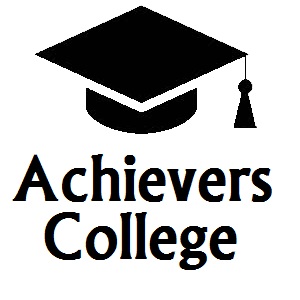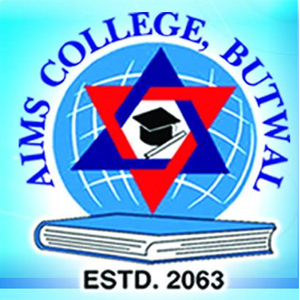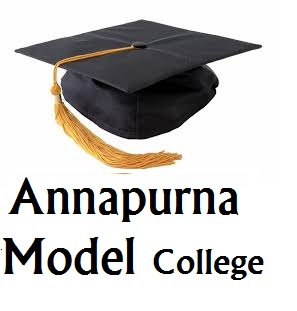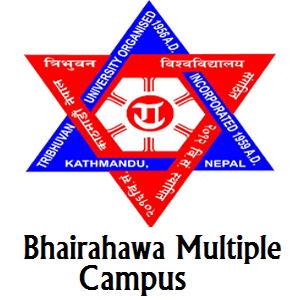Overview
Rupandehi Campus (RC), one of the leading public campuses of the district established on 1991 AD (2048 BS) and is situated at the heart of Rupandehi district, Bhairahawa. It is at the gate of Lumbini, the birth place of Lord Buddha. It offers the courses like +2 Management, +2 Education, Bachelor of Education (B.Ed) and Bachelor of Business Studies (BBS) under the affiliation of National Examination Board (NEB) and Tribhuvan University (TU) respectively.
The campus is governed and managed by the participation of the public people of this area. It has a campus assembly as a legislative body which consists of members from different fields of the society such as academicians, social workers, administrators, businessmen, representatives of different communal group and other organizations.

It has a managing committee as an executive body formed by campus assembly. Managing committee is solely authorized to implement policies and programs formulated by campus assembly in the interest of campus and society. The campus has its own constitution approved by the campus assembly. All the internal bodies of the campus are formed in accordance with the provision made by the campus constitution.

The campus constitution has clearly defined duties, responsibilities and rights of different internal bodies, subject committees and working units. Under the provision of campus constitution, the necessary economic and administration by laws have been formulated and enforced by the campus assembly. Since its establishment up to the present time, the campus has been providing Quality education to the students. The Campus has its own well equipped building and necessary facilities. Presently education and management streams in bachelor level are being run.
Vision
Rupandehi Campus will be a leader and innovator in learning and achievement. As a community committed to open dialog and the free exchange of ideas, Rupandehi Campus will foster its core values: knowledge, intellectual inquiry, research-based planning and evaluation, academic integrity, ethical behavior, democratic processes, communication and collegiality, global awareness, and sustainability.
Mission
The mission of Rupandehi Campus is to help prepare outstanding educators, scholars, and researchers, and to advance the profession of education. Rupandehi Campus provides a safe and inclusive learning environment that encourages personal and intellectual exploration, and challenges and supports students in achieving their educational goals. Students learn to contribute to the global community as they develop an understanding of their relationship to diverse social, cultural, political, economic, technological, and natural environments. The College recognizes the critical importance of each individual's contribution to the achievement of this mission.
Goals
- Help to prepare educational professionals recognized for the quality and significance of their teaching, research, scholarship, service, outreach, and leadership.
- Provide widely recognized leadership in the improvement of teaching, learning, and the assessment of educational outcomes across the life span through research, scholarship, and technology.
- Enhance the commitment of faculty, staff, and students to the centrality of diversity, social justice, and democratic citizenship.
- Provide leadership in the development of collaborative, professional relationships with schools, organizations, and other institutions focused on the improvement of education in schools, communities, and workplace settings.
- Enhance the effective and efficient management of the Campus.
- Provide access to comprehensive student learning resources such as library, tutoring, and technology.
- Provide access to comprehensive and innovative student support services such as Admissions and Records, Counseling, Assessment, Outreach and Financial Aid.
Values
- academic excellence and integrity
- outstanding teaching and service
- scholarly research and professional leadership
- integration of teaching, research, and service
- individual and collective excellence
- diversity, equity, and social justice
- education of individuals across the life span
Beliefs
- A literate and educated citizenry is vital to a democratic society.
- All people are entitled to a high-quality education, grounded in sensitivity to individual dignity, professional integrity, and a positive and nurturing environment.
- A dynamic education system fosters an equitable, productive economy in a global environment.
- Teaching and learning should be informed by scholarly research and effective practice.
- Education improvement should be based on sound research, the application of theory as it relates to effective practice, policy development, and collaboration with practitioners.
- Technology should be used to improve the quality of teaching and learning, research and scholarship, and outreach to the state, and nation.
- Interdisciplinary programs should be used to enhance human learning, growth, and development across the life span.
Contact Rupandehi Campus's administrative office for detailed information on the course, admissions, location, fees, scholarships, facilities, counseling or eligibility.
Contact Details
Rupandehi Campus
Email Address: rupandehicampus@gmail.com
Phone Number: +977-71-521572, +977-9857023125, +977-9802717265, +977-9867292404
Website: https://rupandehicampus.edu.np
Location: Siddharthanagar-9, Bhairahawa, Rupandehi, Nepal

















